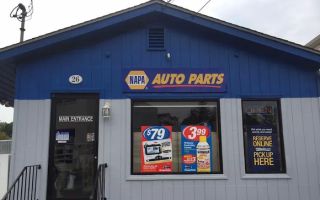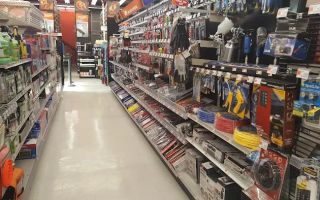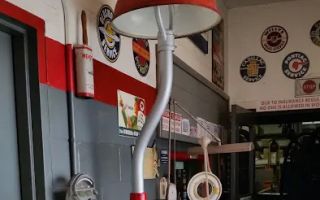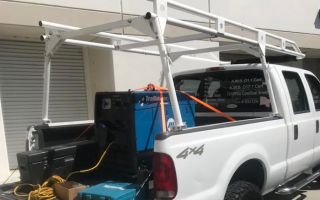What to Do When Your Car Breaks Down on the Highway
- 1. Remain Calm and Assess the Situation
- 2. Move Your Car to Safety
- 3. Signal for Help and Call for Assistance
- 4. Dealing with Common Car Breakdowns on the Highway
- 5. When to Call Professionals for Towing
1. Remain Calm and Assess the Situation
Experiencing a car breakdown on the highway can be a stressful event, but the first step is to stay calm. Panicking can cloud your judgment, making it harder to handle the situation. Take a deep breath and quickly assess the condition of your car. Check for obvious issues, like flat tires, smoke coming from the engine, or any strange sounds. Understanding the cause of the breakdown will help you decide on the next steps, whether it's something you can address or whether you need professional assistance.
2. Move Your Car to Safety
Once you’ve assessed the situation, your next priority is to ensure both your safety and that of other drivers on the road. If your vehicle is still operational, try to move it to the shoulder or a safe area away from traffic. Turn on your hazard lights to alert other drivers that you're experiencing an issue. If your car is too damaged or stuck to move, stay inside the vehicle with your seatbelt on. Never attempt to fix the car or walk along the highway unless it’s absolutely safe to do so.
3. Signal for Help and Call for Assistance
Once you’re safely positioned, it's time to call for help. Use your phone to contact roadside assistance, a tow service, or a trusted mechanic. Be ready to provide your exact location, including the mile marker or exit sign if you’re on a highway, as well as a description of the problem with your car. Having this information handy will help the service provider respond faster and more effectively. If you’re on a busy highway and your car is immobile, it may be a good idea to call emergency services for further assistance in securing the area.
4. Dealing with Common Car Breakdowns on the Highway
There are a variety of reasons why cars break down on highways, and it’s important to know how to handle common issues:
- Flat Tire: If you have a spare tire and know how to change it, safely exit your vehicle and replace the tire. If not, it’s best to call for roadside assistance to avoid injury.
- Engine Overheating: If your engine starts to overheat, pull over to a safe spot, turn off the engine, and let it cool down. Do not open the radiator cap until it cools, as hot coolant can cause burns.
- Dead Battery: If your car won't start, try jump-starting it with jumper cables and a helpful driver nearby. If that doesn’t work, it may be time to call for a tow.
- Out of Gas: Running out of gas is a common problem. If you're out of fuel and can't get to a gas station, call for assistance to bring you a fuel refill.
Knowing how to handle these situations can make the experience less stressful, and in many cases, you can get back on the road quickly with minimal disruption.
5. When to Call Professionals for Towing
Sometimes, despite your best efforts, a car breakdown on the highway may require the help of professionals. Here are a few signs it’s time to call for towing services:
- Unresolved mechanical issues: If your car won’t start, or you suspect a serious mechanical problem, it’s best to call a towing service to avoid causing further damage by attempting to drive the vehicle.
- Vehicle safety: If your car is in a hazardous location or can’t be safely moved off the highway, towing is necessary to ensure your safety and prevent accidents.
- Inability to fix the issue: If you’ve tried everything from changing the tire to jump-starting the car and the problem persists, it’s time to contact a professional who can take the vehicle to a mechanic for repairs.
Professional towing services will ensure that your car is safely moved to a repair shop or safe location, providing peace of mind during a stressful situation.
If you find yourself stranded on the highway and need fast, reliable towing services, visit Rescue & Towing to learn more about our services and how we can assist you with any roadside emergency.




























